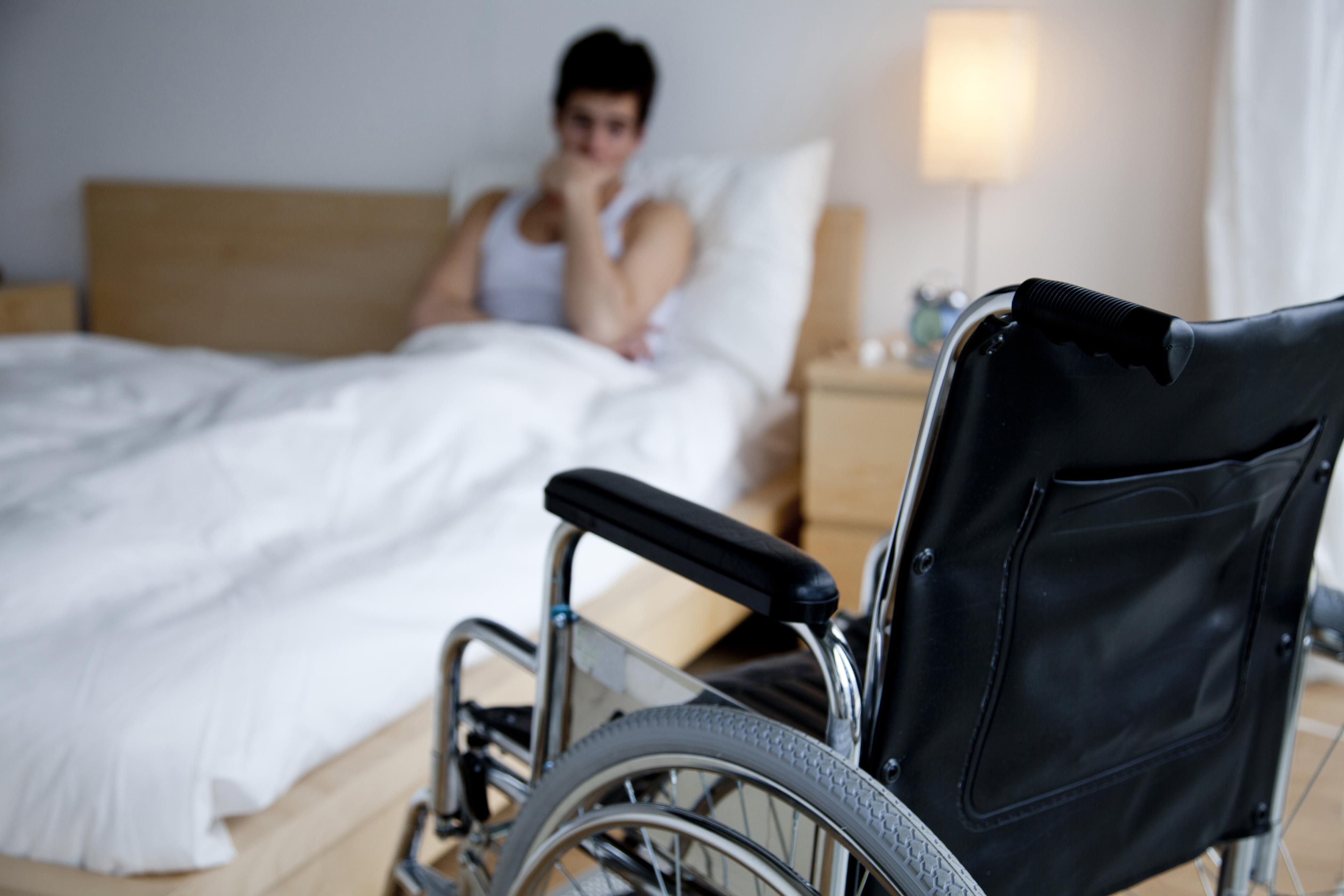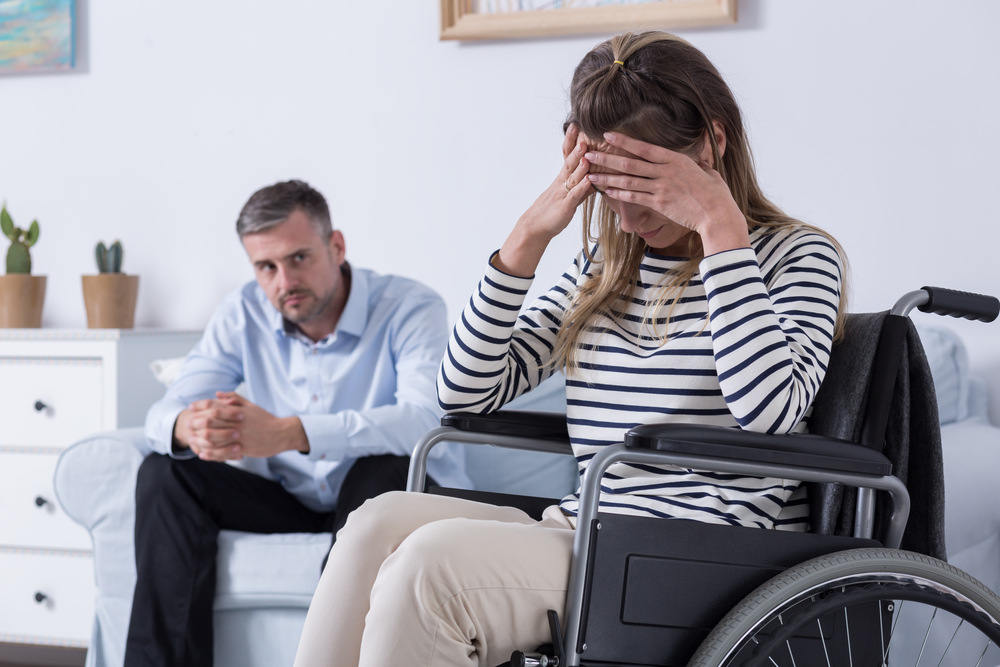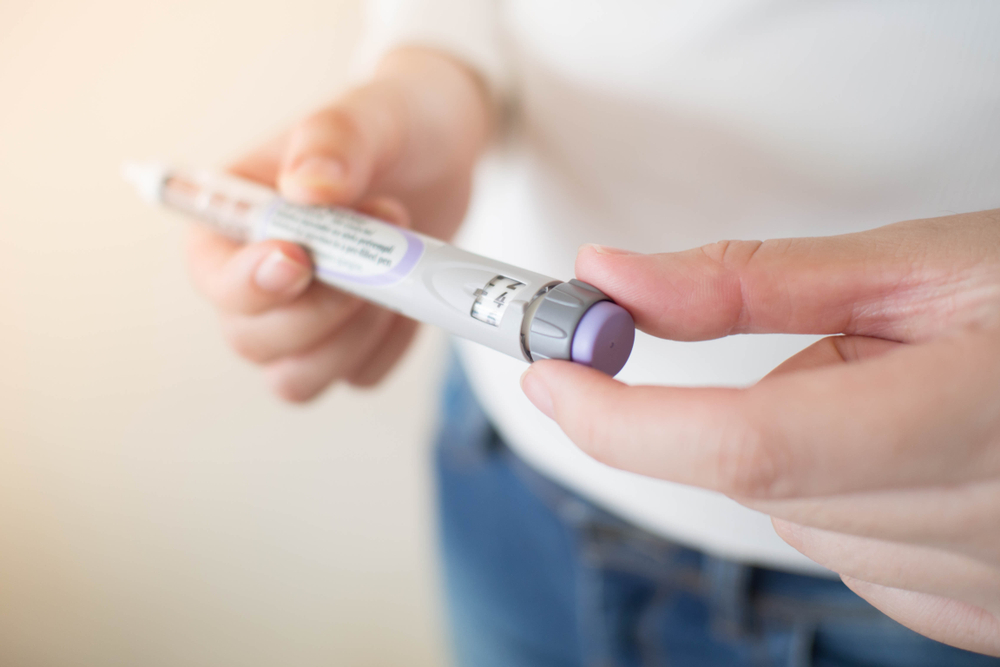Contents:
- Medical Video: Major Depressive Disorder Symptoms
- People with disabilities are more at risk for depression
- Signs and symptoms of depression in people with disabilities
- An easy way to deal with depression in people with disabilities
- 1. Visit a counselor or psychotherapist
- 2. Story with trusted people
- 3. Do physical activity
- 4. Manage stress
Medical Video: Major Depressive Disorder Symptoms
People with disabilities are those who have limitations in carrying out daily activities like people in general. According to the study Global Burden of Diseaseone of the conditions that might accompany a person with a disability is depression.
Being a person with disabilities does not mean you will definitely experience depression. Conversely, not all of those who feel depressed are also caused by their disability.
Then how do you know when you start feeling depressed? How to handle it? Check out the full review below.
People with disabilities are more at risk for depression
It remains undeniable that people with special needs will face challenges and higher levels of stress so it is more likely to experience depression. Some of these challenges include limited movement, a non-supportive social environment, difficulties in getting work, and other health problems.
These frequent problems can make it difficult for you to go to work, go to school, look after yourself, or communicate with other people. When this is difficult to overcome, the risk of depression will be even greater.
Signs and symptoms of depression in people with disabilities
Studies show that people with disabilities and other chronic diseases experience depression symptoms 2 to 10 times greater than people in general.
Some symptoms of depression in general are as follows:
- Feeling prolonged sadness (more than two weeks)
- It's easier to worry, lose hope, feel empty
- Losing confidence, despair, and feeling worthless
- Loss of interest in hobbies or activities normally carried out
- Having trouble sleeping, like sleeping a lot, having trouble sleeping, or waking up in the morning
- Changes in appetite, to eat more until you gain weight or even eat less to cause weight loss
- More sensitive, such as being more irritable or crying more often without cause
- Feeling powerless or easily tired
- Difficulty concentrating and difficult to make decisions
- Stay away from the crowd and are reluctant to interact with other people
- Suicidal thoughts arise
An easy way to deal with depression in people with disabilities
Depression is not an oddity or a sign of weakness. Because, there is always a reason behind the occurrence of depression, so there are always ways to overcome it. With proper handling, you will feel better and calmer when on the move.
1. Visit a counselor or psychotherapist
When feeling depressed, your doctor will ask you to visit a counselor or psychotherapist. Here, you will be invited to find the causes of why you can reach the stage of depression, both internally and externally. Of course this is done together until you find the best way to deal with the depression that you feel.
If counseling is not possible because your level of depression is considered too heavy, your doctor will advise you to take antidepressants. This really cannot overcome depression completely, but it is enough to help you feel more calm. Most antidepressants do not cause addiction so that when you feel better than the depression you feel, you can stop taking it or start reducing the amount according to your doctor's recommendations.
2. Story with trusted people
Don't hesitate to communicate with your friends or family about what you feel. In fact, sometimes just by making others know that you are sad can actually make you feel better.
In addition, you can also exchange stories or confide with fellow persons with disabilities. Because, however, you tell stories with normal people in general, of course you will not be able to understand you more than vent with fellow persons with disabilities.
3. Do physical activity
Physical activity is one of the most effective ways to overcome depression. Even though you have limitations, it is not a barrier for you to be able to do physical activity.
Don't worry, there are several types of sports that are good and easy to do for people with disabilities. This can be useful to improve mood (mood) and relieve depression.
4. Manage stress
Although stress does not always cause depression, stress can make your depression symptoms worse. So, you can determine the stress management techniques that are effective for you.
For example by resting, writing, drawing, meditation, worship, watching movies, making crafts, or other hobbies that can reduce stress. That way, you will be easier to overcome depression and feel more confident in the future.
If you, a relative, or family member shows signs of depression or other symptoms of mental illness, or shows desire or behavior or wants to try to commit suicide, immediately call the police emergency hotline110 or the Suicide Prevention hotline(021)7256526/(021) 7257826/(021) 7221810.













